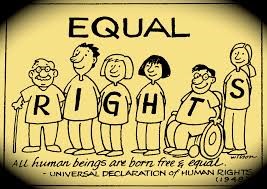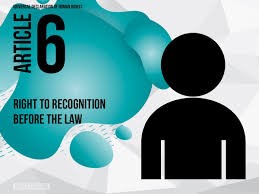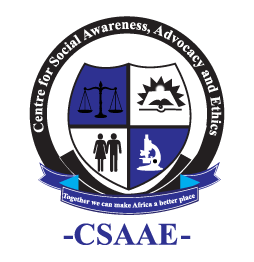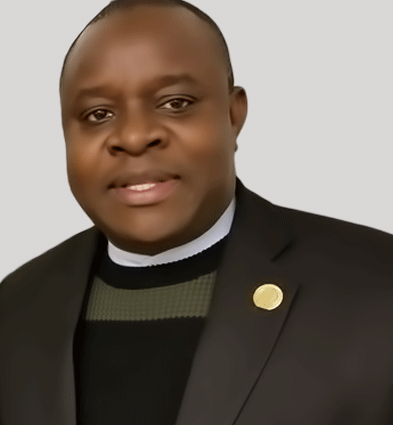The concept of equal protection under the law is fundamental to the functioning of any nation. Equal protection ensures that every individual, regardless of their background, enjoys the same rights and opportunities before the Law. Article 6 of the Universal Declaration of Human Rights unequivocally states that, “everyone has the right to recognition everywhere as a person before the Law”.

Nigeria’s journey towards ensuring equal protection under the law has been marked by both progress and setbacks. The nation’s colonial past left a legacy of legal systems that often discriminated against indigenous peoples and favoured the colonial rulers. Following independence in 1960, Nigeria embarked on a quest to establish a legal framework that upholds the rights of all citizens. The adoption of a republican constitution in 1963 was a significant step forward, laying the groundwork for a more inclusive legal system.
Despite constitutional provisions and international obligations, Nigeria continues to grapple with various challenges in ensuring equal protection under the law. One of the most pressing issues is the persistence of discrimination based on factors such as ethnicity, religion, and social status. Marginalized communities, including ethnic minorities and religious groups, often face systemic barriers that hinder their access to justice and fair treatment before the law. Additionally, corruption within the legal system remains a significant obstacle, with instances of bribery, nepotism, and undue influence undermining the principle of equal protection.

In recent years, Nigeria has taken steps to address these challenges and enhance equal protection under the Law. Legal reforms aimed at strengthening the judiciary, enhancing transparency, and combating corruption have been initiated. Efforts to promote legal awareness and empower marginalized communities have also gained momentum, with civil society organizations playing a vital role in advocating for the rights of vulnerable groups. Furthermore, the advent of technology has facilitated greater access to legal information and services, thereby expanding the reach of the justice system.
Upholding Article 6 of the Universal Declaration of Human Rights in Nigeria requires a concerted effort from all stakeholders, including the government, judiciary, civil society, and the citizenry. While progress has been made, significant challenges remain on the path towards achieving equal protection under the law for all Nigerians. It is important that efforts to address discrimination, corruption, and systemic barriers continue unabated. Only through sustained commitment to justice and equality can Nigeria truly fulfill its obligation to recognize every individual as a person before the law.


